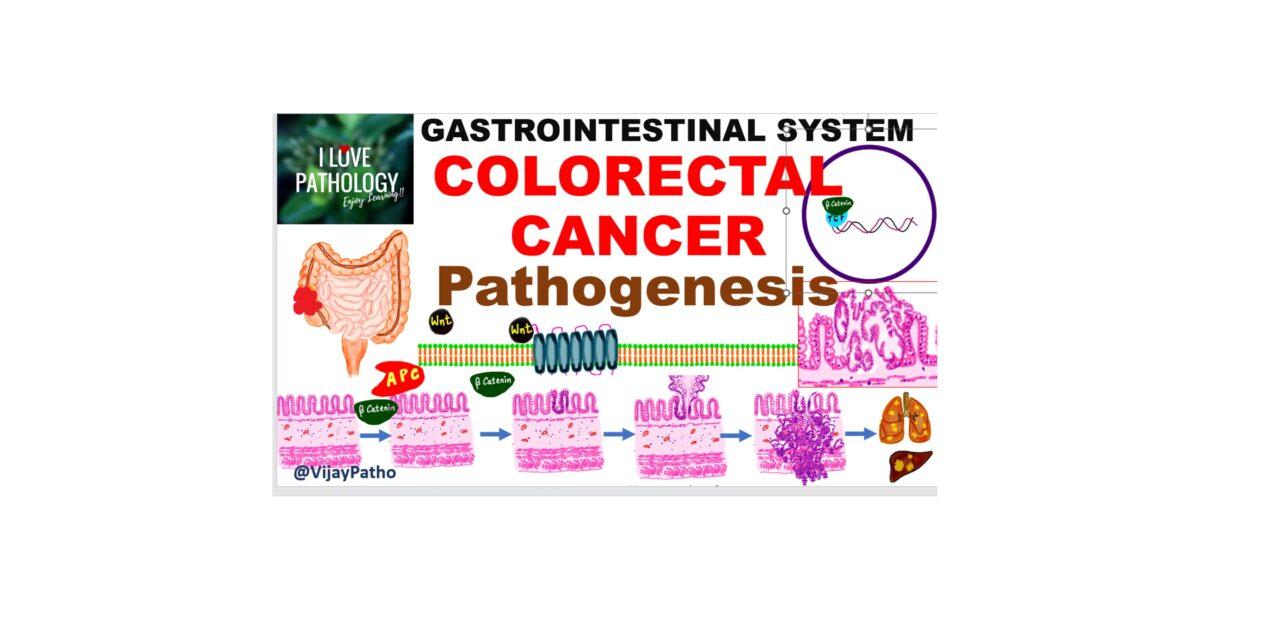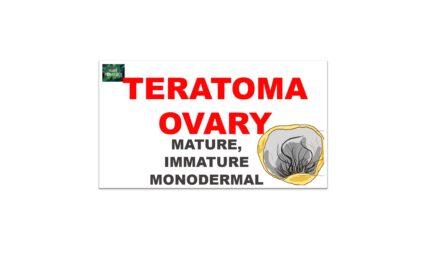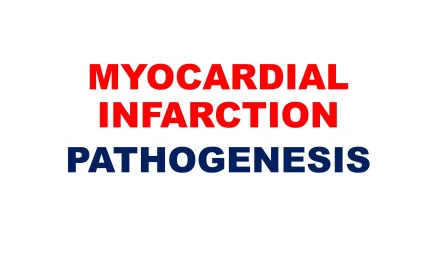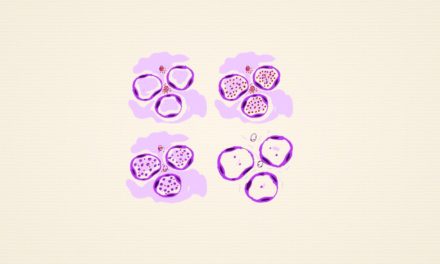Understanding the Pathogenesis of Colorectal Cancer
Introduction:
In this blog post, let us understand epidemiology, various risk factors, and in-depth insights into the development of colorectal carcinoma.
Epidemiology:
Colorectal cancer stands as one of the most common malignancies of the gastrointestinal tract, responsible for a significant portion of global cancer-related morbidity and mortality.
Let’s begin by examining some key epidemiological factors:
Colorectal cancer typically affects individuals between the ages of 60 to 70, although there is a growing incidence among those under 40.Regions with the highest incidence include North America, Australia, New Zealand, Europe, and Japan, while South America, India, Africa, and South Central Asia report lower rates.
Dietary Factors and Increased Risk:
Understanding the dietary factors associated with an elevated risk of colorectal cancer is crucial. Here are two primary factors:
1. Low Intake of Unabsorbable Vegetable Fiber:
Reduced intake of unabsorbable vegetable fiber leads to decreased stool bulk and alters the composition of intestinal microbiota.
This alteration results in increased synthesis of potentially toxic oxidative byproducts from bacterial metabolism.
The diminished stool bulk reduces motility, allowing these harmful byproducts to remain in contact with the colonic mucosa for extended periods, increasing the risk of carcinogenesis.
2. High Intake of Refined Carbohydrates and Fat:
A diet rich in refined carbohydrates and fat can enhance the hepatic synthesis of cholesterol and bile acids.
These bile acids are subsequently converted into carcinogens by intestinal bacteria.
Prevention Strategies:
Colorectal carcinoma can be prevented to some extent through specific strategies:
1. Dietary Modification:
To reduce the risk, consider increasing your intake of unabsorbable vegetable fiber while decreasing consumption of refined carbohydrates.
2. Chemo Prevention:
Aspirin and other non-steroidal anti-inflammatory drugs (NSAIDs) have demonstrated a protective effect.
This protection is attributed to their inhibition of the COX-2 enzyme, responsible for prostaglandin synthesis and epithelial proliferation.
Molecular Events in Colonic Adenocarcinoma:
1. Genetic Abnormalities:
APC or Beta-Catenin Pathway: This pathway is activated in the classic adenoma-carcinoma sequence, often due to mutations in the APC gene.
Microsatellite Instability (MSI) Pathway: MSI occurs when there are defects in DNA mismatch repair genes, resulting in mutations in microsatellite repeat regions.
2. Epigenetic Abnormalities:
Epigenetic modifications, such as DNA methylation, can induce gene silencing, contributing to cancer development.
APC or Beta-Catenin Pathway:
Mutations in the APC gene disrupt the destruction complex, causing an accumulation of beta-catenin and continuous cell proliferation.
APC mutations are associated with familial adenomatous polyposis (FAP) and sporadic adenomas. The pathway is illustrated below
Microsatellite Instability (MSI) Pathway:
MSI is characterized by impaired DNA mismatch repair, resulting in an accumulation of mutations in microsatellite repeat regions.
This pathway is often associated with serrated lesions and tumors located on the right side of the colon. The pathway is illustrated below
Conclusion:
Colorectal cancer is a multifaceted disease influenced by genetic and dietary factors. Understanding its pathogenesis and risk factors is essential for making informed decisions regarding prevention and early detection. By considering dietary modifications and potential genetic predispositions, we can take steps to reduce the risk of this prevalent malignancy.
For a more in-depth exploration of this topic, watch the full video on my YouTube channel ilovepathology:
Watch the video here.
Feel free to leave your questions and comments there as well.







